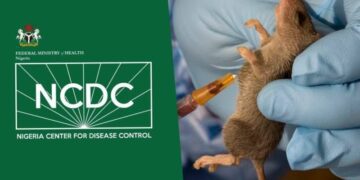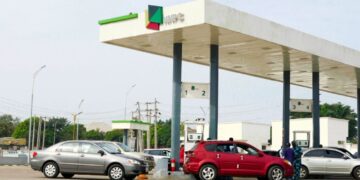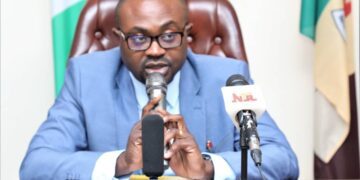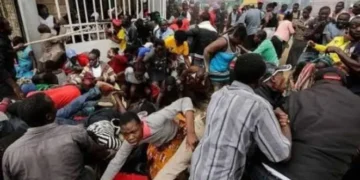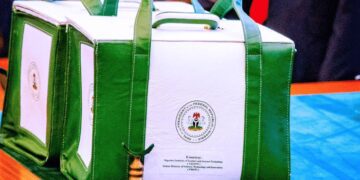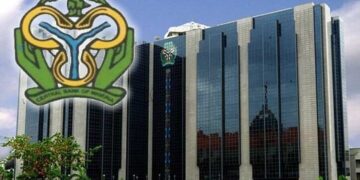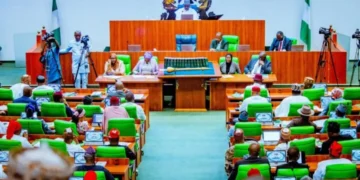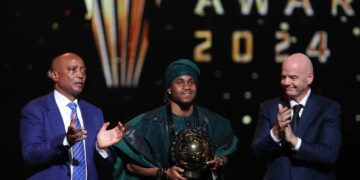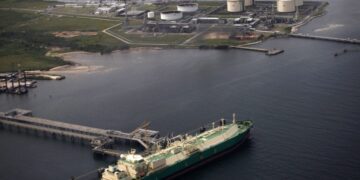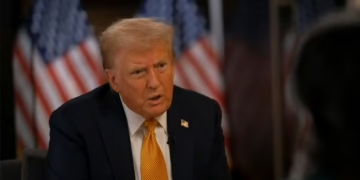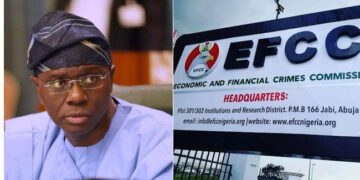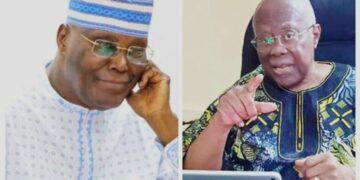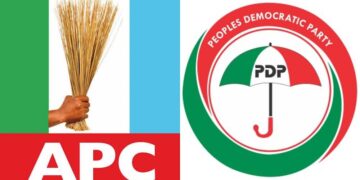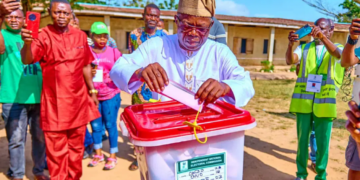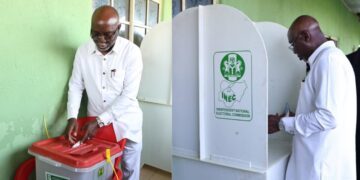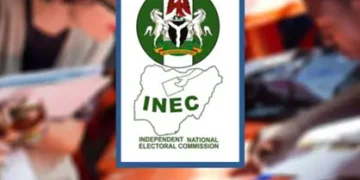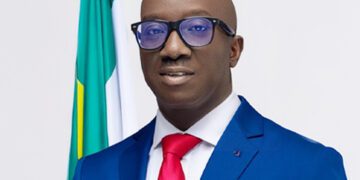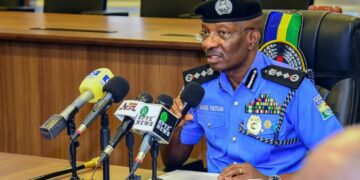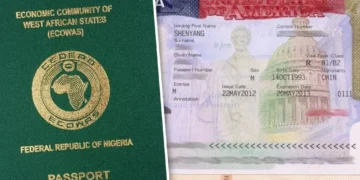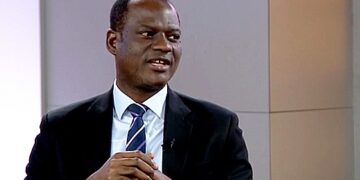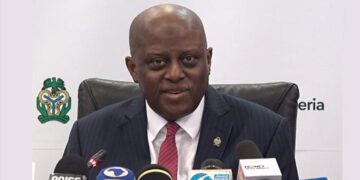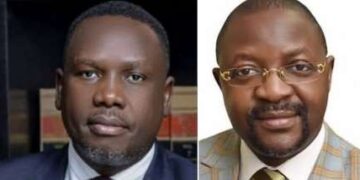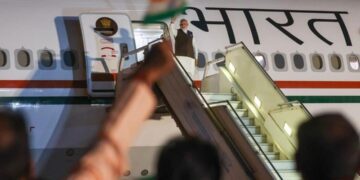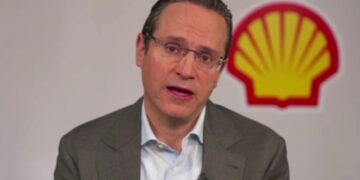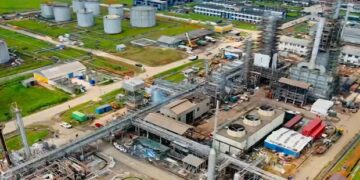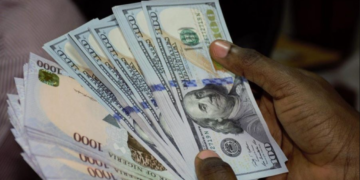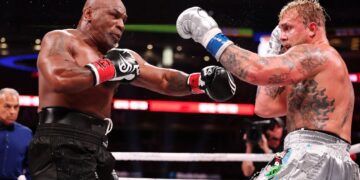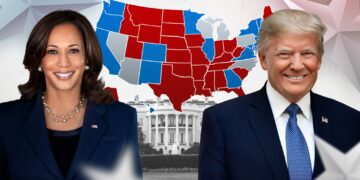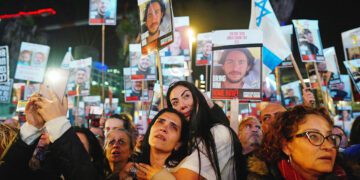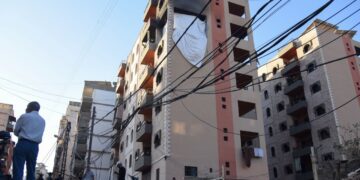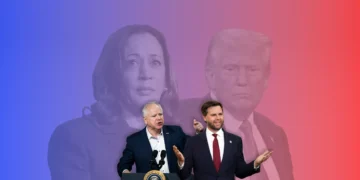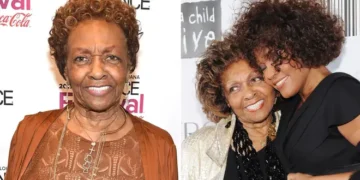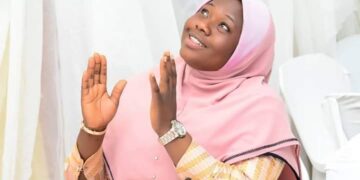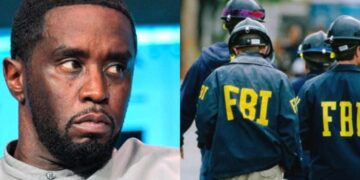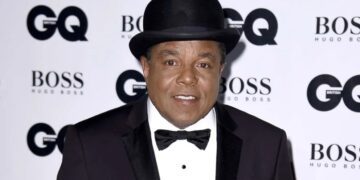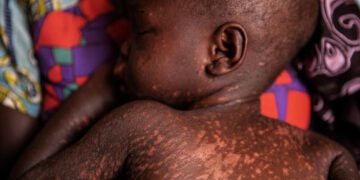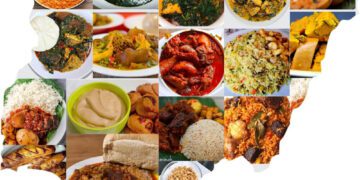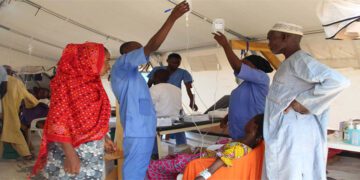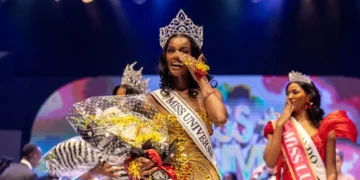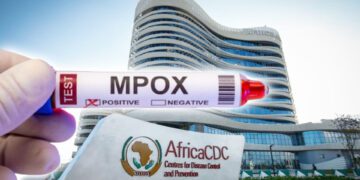By Abdulaziz Abdulaziz
For a hurdler who laboriously surmounted many hurdles on his way to the finish line, there could be the temptation for chest-beating and gloating. The victory was well earned. He worked for it and it came as a vindication that through acts of providence and hard work destiny could be fulfilled in spite of mountainous challenges. But for Asiwaju Bola Ahmed Tinubu, Nigeria’s president-elect, victory is a moment for humility and magnanimity.
Immediately he was announced as the winner of the presidential election in the early hours of Wednesday, March 1, 2023, Asiwaju Tinubu changed from that political gladiator who fought his way to victory to a unifying statesman.
The journey to victory was an uphill task. He paddled through shark-infested waters to grab the presidential ticket of the All Progressives (APC) at the June 8 convention last year. He upturned his disadvantageous position just days before the primaries into a formidable one. At the end he emerged winner with shocking two/third of the total votes. He repeated the feat at the general election.
This presidential election is arguably the most competitive we’ve seen in recent recollection.
Ordinarily it ought to be a walk-over for the APC having gone into the election as a pretty intact ruling party at the centre with 21 governors in tow. However, events leading up to the election threatened the comfortable position of the party. The threats were not the making of the opposition. The ranks of the opposition was hugely fractured with the closest contender having to deal with a bitter internal revolt.
The APC went into the poll with two injuries, largely self-inflicted—the unending fuel crisis and the messy currency swap (or Naira confiscation, to borrow the term from the Nigerian Governors Forum).
Like the Qur’anic Abu Lahab, some persons went about laying out thorns on Tinubu and the APC’s path to victory. They clothed their actions with a garb of patriotism and pushed their sugar-coated bitter pills down the throat of Nigerians. Expectedly, it stoked anger and sent the opposition, who were likely part of the script, into an overdrive. They wrote off Tinubu and his quest. Indeed if not for the smart management of it, the scheme could have cost him the victory.
The campaign also had to contend with three strong rivals, each of them experienced in politics, and each one of them riding on strong emotional waves. This polarized voters who invested a lot of emotion largely along ethnic and religious lines in the election. It was a stormy ride.
After the end of the rigmarole, Asiwaju Tinubu came out of the ring victorious, but bruised. He won the election with reasonable margin; averaging the usual margin for presidential election in spite of the lower turn out.
He was pained that he lost Lagos, and he admitted that when he received former South African president Thabo Mbeki on Thursday. It was the first time a party he had supported would fail to clinch that state. It’s doubly painful that he was on the ballot. But, as he admitted, it goes to show how credible the election was and called to question the hypocrisy of the wailing losers who celebrate such victories for themselves yet question the integrity of the entire process.
The true democrat that he is, once it was over Tinubu immediately put behind him the sores from the campaign and the election. It is a new dawn for the nation and for him whose lot it is to unite the country as he prepares to take the reigns.
Rather than relish the sweetness of his victory with dance steps and parties, he chose to assume the position of a peacemaker. He extended olive branch to the candidates who lost and used his words as soothing balm for Nigerians who supported candidates other than him and are now ruining the defeat.
He had said it in his first speech to the nation as president-elect: it doesn’t matter if you had voted for him or supported any of his opponents. The issue on the table now is building an administration and a nation.
“Political competition must now give way to political conciliation and inclusive governance,” he declared in his acceptance speech.
Speaking after receiving his certificate of return, Tinubu went on along the same line philosophising about the importance of placing the country above anything else.
“To those who didn’t support me, I ask that you not allow the disappointment of this moment to keep you from realizing the historic national progress we can make by joining hands and hearts in common endeavour to pull this nation through.
“In a phrase, I am asking you to work with me. I may be the president-elect but I need you. More importantly, Nigeria needs you.”
It is in this spirit that we opened his doors wide open to receive visitors irrespective where they stood before the election. Everyone came. Lines were blurred. The goal now is rallying the country around and galvanising its great sons and daughters to cone around for the task ahead.
He received close lieutenants and foot-soldiers. Those who refused responsibility or declined support at the time it was needed were there with smiles. He received fifth columnists who threw spanners to work against him with his same warm embrace and broad smile. The past is behind, the task is ahead.
It is a new chapter. Off in the horizon glint of the Renewed Hope Asiwaju Tinubu promised is already visible. This week both the Nigerian bonds and stocks appreciated sharply in response to the election outcome. To borrow his own phrase, indeed “hope is here”.
Abdulaziz is Special Assistant on Media and Publicity to the president-elect















